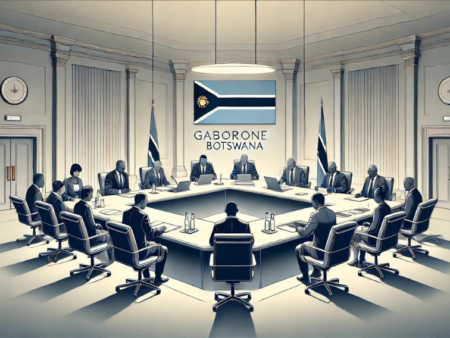The appointment of Karabo Mbele as CEO of the Gauteng Gambling Board (GGB) has become a source of major controversy, reflecting broader concerns about corruption in South African governmental bodies. These concerns were amplified by a letter from employees of the province’s Department of Economic Development to Gauteng Premier Panyaza Lesufi, which remains unanswered.
The letter, covered by The Sunday Independent, alleges that Mbele was involved in corrupt activities before her appointment. It claims she and her associates misappropriated over R15 million through unregistered Non-Profit Organisations intended for charitable purposes.
This incident is not isolated but rather symptomatic of the general corruption issues that have plagued various levels of South African government. Misuse of funds, nepotism, and lack of transparency are recurring themes in many government departments, leading to public distrust and calls for greater accountability and oversight.
Department’s Response to Allegations
MEC Tasneem Motara, overseeing the government entity, is accused of protecting Mbele despite being aware of these allegations. Motara, appointed in 2022, had previously dissolved the GGB’s board during a dispute over the recruitment of a new head but was ordered by the Pretoria High Court to reinstate the board.
The letter alleges Motara removed the then CEO, Thiran Marimuthu, favouring Mbele, and it suggests Mbele’s possible implication in a forensic investigation launched by former Premier David Makhura.
Focus of Forensic Investigation
The investigation, conducted by Sekelaxabiso Privitiva (SkX) in 2020, examined various issues, including wasteful expenditure, alleged fund diversions, and financial misconduct within the GGB, particularly in the Socio-Economic Development Department, formerly headed by Mbele. The letter expresses concern over the suspending further investigations into these matters by Motara and Mbele.
The Gauteng office of the premier has yet to respond to the inquiries. Motara, however, dismissed the allegations as unfounded, citing their anonymous nature and the difficulty in addressing them within the Labour law framework. She also referred to a separate forensic report on the previous CEO, Steven Ngubeni, and its conclusions.

